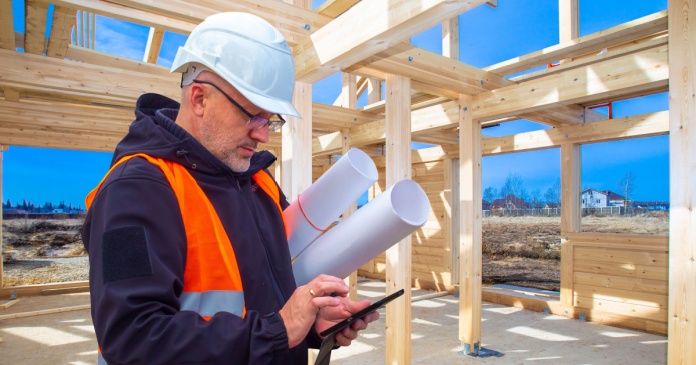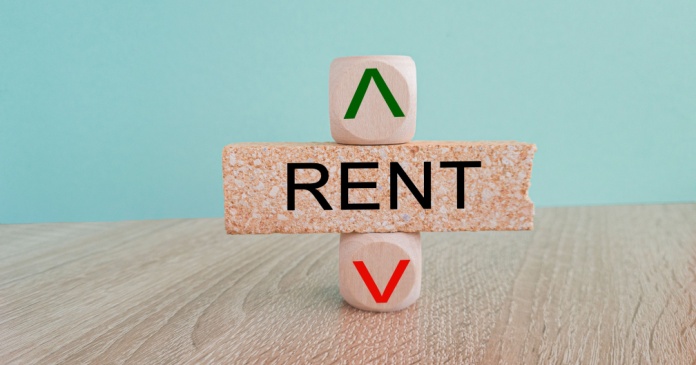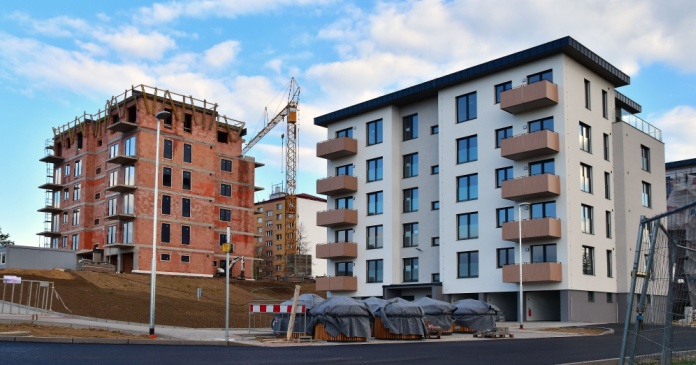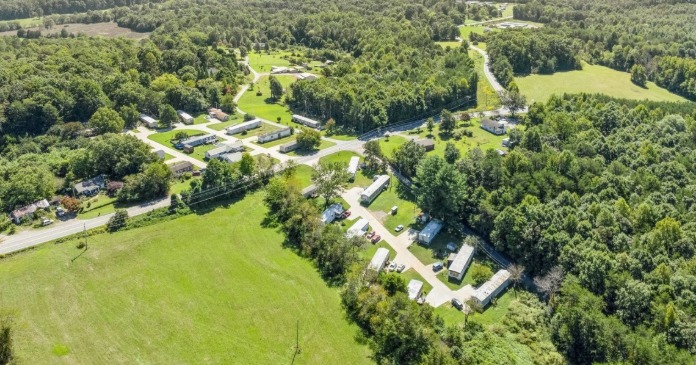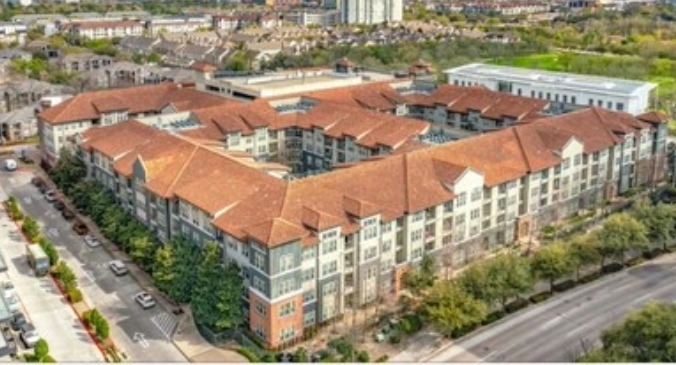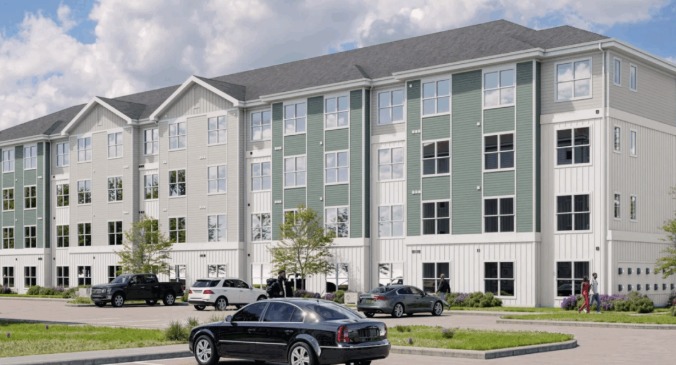With mortgage rates declining by more than one-half of a percentage point from early August through mid-September, per Freddie Mac, builder sentiment edged higher this month even as builders continue to grapple with rising costs.
Builder confidence in the market for newly built single-family homes was 41 in September, up two points from a reading of 39 in August, according to the National Association of Home Builders (NAHB)/Wells Fargo Housing Market Index (HMI) released today. This breaks a string of four consecutive monthly declines.
“Thanks to lower interest rates, builders now have a positive view for future new home sales for the first time since May 2024,” said NAHB Chairman Carl Harris, a custom home builder from Wichita, Kan. “However, the cost of construction remains elevated relative to household budgets, holding back some enthusiasm for current housing market conditions. Moreover, builders will face competition from rising existing home inventory in many markets as the mortgage rate lock-in effect softens with lower mortgage rates.”
“With inflation moderating, the Federal Reserve is expected to begin a cycle of monetary policy easing this week, which will produce downward pressure on mortgage interest rates and also lower the interest rates on land development and home construction business loans,” said NAHB Chief Economist Robert Dietz. “Lowering the cost of construction is critical to confront persistent challenges for housing affordability.”
The latest HMI survey also revealed that the share of builders cutting prices dropped in September for the first time since April, down one point to 32%. Moreover, the average price reduction was 5%, the first time it has been below 6% since July 2022. Meanwhile, the use of sales incentives fell to 61% in September, down from 64% in August.
Derived from a monthly survey that NAHB has been conducting for more than 35 years, the NAHB/Wells Fargo HMI gauges builder perceptions of current single-family home sales and sales expectations for the next six months as “good,” “fair” or “poor.” The survey also asks builders to rate traffic of prospective buyers as “high to very high,” “average” or “low to very low.” Scores for each component are then used to calculate a seasonally adjusted index where any number over 50 indicates that more builders view conditions as good than poor.
All three HMI indices were up in September. The index charting current sales conditions rose one point to 45, the component measuring sales expectations in the next six months increased four points to 53 and the gauge charting traffic of prospective buyers posted a two-point gain to 27.
Looking at the three-month moving averages for regional HMI scores, the Northeast fell three points to 49, the Midwest edged one-point higher to 40, the South decreased one point to 41 and the West increased two points to 39.
HMI tables can be found at nahb.org/hmi. More information on housing statistics is also available at Housing Economics PLUS.


